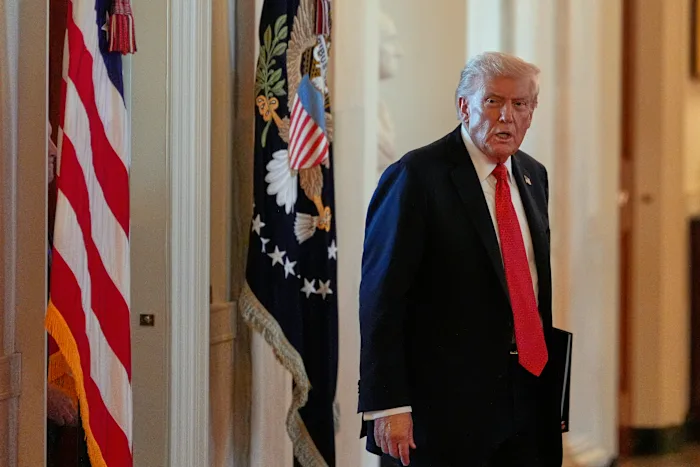Copyright postandcourier

Several members of the Freedom Caucus have also backed its elimination, as have U.S. Rep. Ralph Norman and Lt. Gov. Pamela Evette, who are vying for the Republican gubernatorial nomination in 2026. “Tenure is a shield for radical rhetoric in lecture halls, an impediment to innovation and a hindrance to free thinking,” Evette wrote in a September op-ed. The tenure system is meant to protect scholars from arbitrary removal based on what they teach, research or say. Many faculty consider it a crucial guard against political backlash for their teaching and research, and a way to provide for the free exchange of ideas. “I look at my colleagues in political science, for example,” Randazzo said. “We are very critical of administrations no matter who’s in office, and if all of a sudden those tenure protections are gone, then it’s a lot harder to be critical without fear of losing your job.” Senate Education Committee Chairman Greg Hembree argues that tenure shields professors from accountability. The Little River Republican called it a “terrible system” that encourages faculty to take it easy while being well supported by taxpayers. “For the person that wants to research whatever subject that might be controversial in South Carolina, well, it might not be in Massachusetts, and vice versa,” Hembree said, though he added that professors should have greater independence in the classroom than K-12 teachers. Tenured faculty can be fired, said Brian Soucek, a University of California-Davis Constitutional law professor who studies academic freedom. It just requires more evidence and disciplinary hoops to jump through, he said. With those protections, Soucek added, comes a responsibility to teach relevant material, grade fairly and maintain high standards of scholarship.



